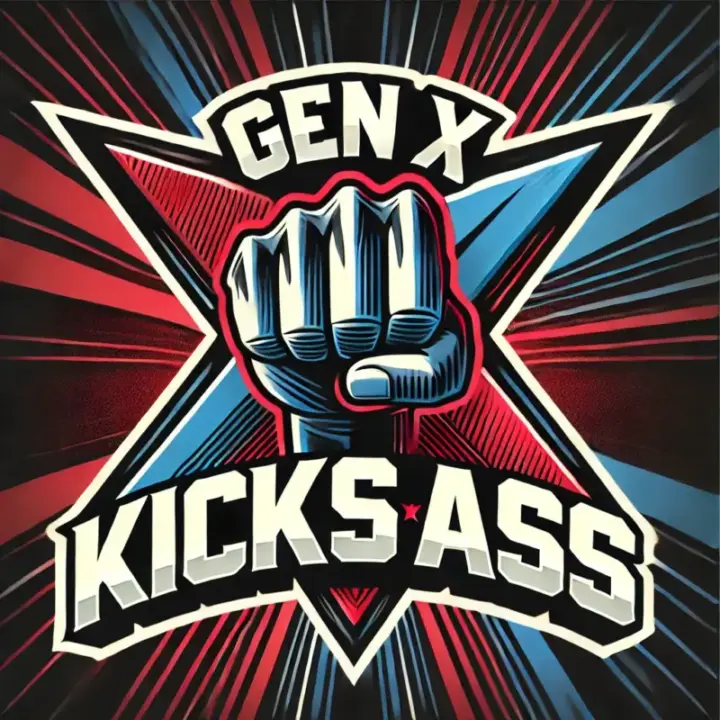The Myth of Trickle-Down Governance
For decades, political elites and corporate leaders have promised that their policies will benefit everyone—eventually. They claim that wealth, opportunities, and security will “trickle down” from the top. In reality, this approach leads to growing inequality, more government control, and a shrinking middle class. This isn’t just failed economics—it’s trickle-down elitism, a system where power consolidates at the top while the working class is left to pick up the pieces.
How Top-Down Policies Fail the Working Class
When policies are dictated by elites, they rarely serve the interests of everyday people. Instead, they impose unnecessary regulations, create economic dependency, and limit individual freedoms. This pattern isn’t new—it’s been repeating for over a century.
Key Examples of Trickle-Down Elitism in U.S. History
- The Federal Reserve Act (1913) – Created under Woodrow Wilson, the Federal Reserve took control of monetary policy, leading to inflation and the erosion of wages.
- The New Deal (1930s) – FDR’s government expansion introduced programs that created long-term dependency rather than self-sufficiency.
- The Great Society (1960s) – LBJ’s welfare programs, while well-intentioned, locked generations into government aid rather than economic mobility.
- The Affordable Care Act (2010) – Obamacare promised affordability but led to rising premiums and fewer choices, disproportionately hurting the middle class.
Modern Trickle-Down Elitism: COVID-19 and Its Fallout
The COVID-19 pandemic provided a stark example of how top-down policies harm regular citizens. Lockdowns, mandates, and restrictions crushed small businesses while major corporations thrived. Government relief programs offered temporary aid but did nothing to address long-term economic damage. Meanwhile, politicians and corporate elites remained untouched by the policies they enforced on everyone else.
How Trickle-Down Elitism Hurts Americans Today
Despite promises of equality and economic justice, trickle-down elitism leads to:
- Higher inflation and taxation – The cost of living soars while wages remain stagnant.
- Overregulation – Small businesses struggle while billion-dollar corporations receive bailouts.
- Government dependence – Welfare programs create reliance instead of opportunity.
- Erosion of personal freedom – From speech restrictions to healthcare mandates, individual autonomy is under attack.
The Real Solution: Bottom-Up Economic Freedom
Real prosperity comes when individuals—not elites—control their own futures. Policies should empower small businesses, encourage entrepreneurship, and reduce government interference. Economic freedom leads to innovation, job creation, and a thriving middle class.
Time to Reject Trickle-Down Elitism
For too long, Americans have accepted top-down governance that benefits the few at the expense of the many. It’s time to challenge the status quo and push for policies that truly serve the working class. The power should be in the hands of the people—not the elites.
